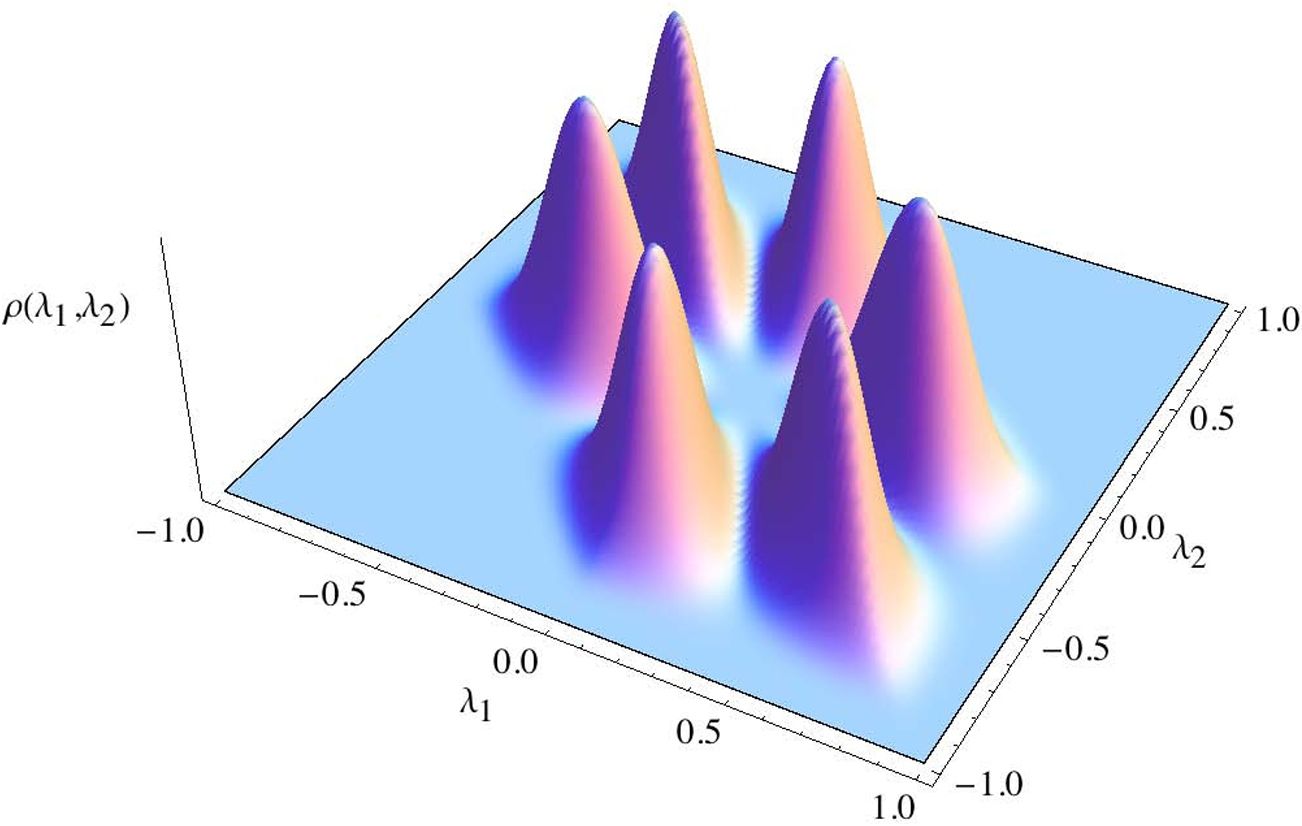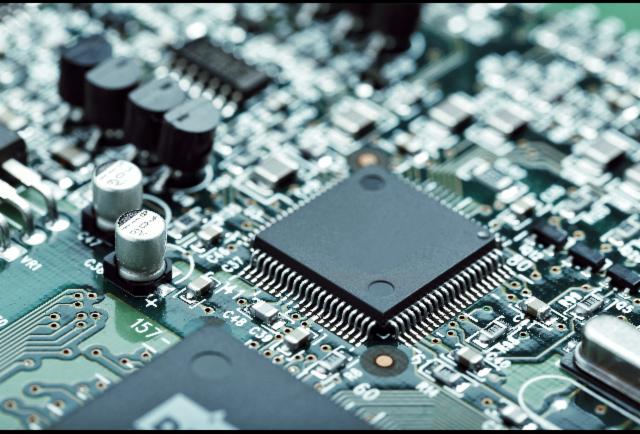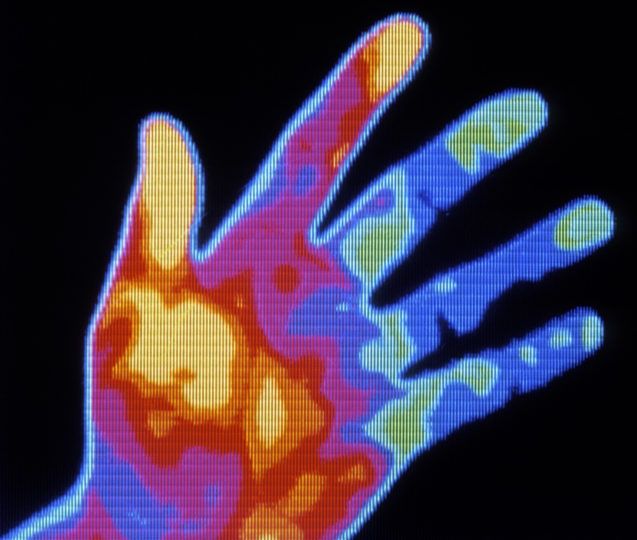Page 10613
Jan 10, 2017
Meet Prosthesis, the terrifying 14ft-tall ‘anti-robot’ that runs 20mph
Posted by Carse Peel in categories: cyborgs, robotics/AI, transhumanism
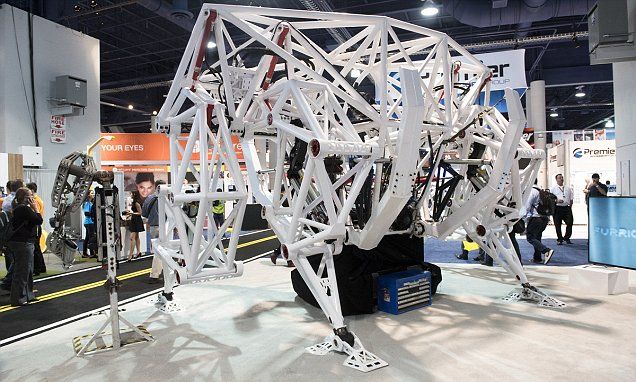
Meet ‘Prosthesis’, the terrifying 14ft-tall ‘anti-robot’ that can carry a human and run over 20mph almost SILENTLY…
A 14-foot-tall exo-bionic racing robot could soon be tearing across the Nevada desert.
Continue reading “Meet Prosthesis, the terrifying 14ft-tall ‘anti-robot’ that runs 20mph” »
Jan 10, 2017
Microsoft looks to tap quasiparticles to bring about a scalable quantum computer
Posted by Karen Hurst in categories: computing, engineering, quantum physics
Microsoft has been on a quest to build the holy grail of computers for over a decade, dumping tons of money into researching quantum computing and the company says they are ready to transition over to the engineering phase of their endeavor. At least that’s what MS executive Todd Holmdahl aims to accomplish by developing the hardware and software to do so.
Jan 10, 2017
Image of the Week: Multi-lobe probability density function
Posted by Karen Hurst in category: quantum physics
How do 2 random mix Quantum States look like in a graphics image? Pretty.
Today’s Image of the Week comes from a study of The difference between two random mixed quantum states: exact and asymptotic spectral analysis from the Universidad de los Andes and ETH Zürich. In this recent JPhysA paper, José Mejía, Camilo Zapata and Alonso Botero investigate the spectral statistics of the difference of two density matrices, each of which is independently obtained by partially tracing a random bipartite pure quantum state. Their results make it possible to quantify the typical asymptotic distance between the two random mixed states using various distance measures.
Jan 10, 2017
Invisible Combat Vehicles May Now Be Possible; Russian Scientists Claim
Posted by Karen Hurst in categories: innovation, transportation
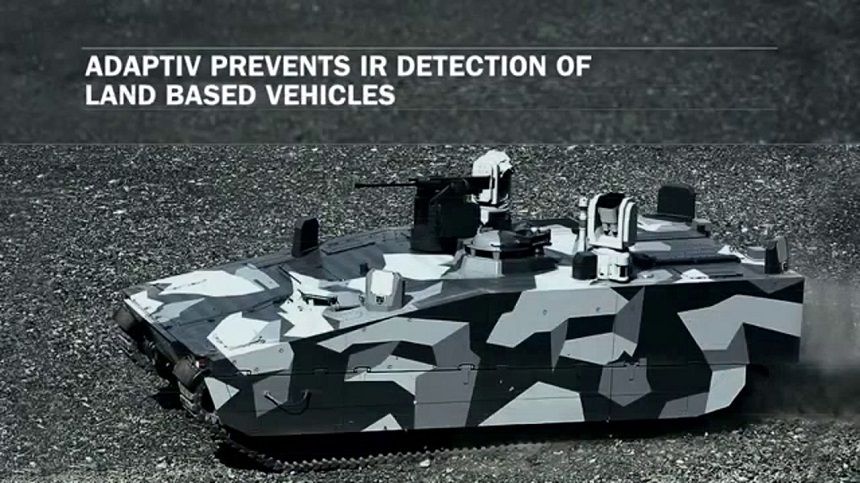
https://youtube.com/watch?v=VTXmmttInWk
Interesting.
20 Armata tanks boasted with a science breakthrough idea that reduced visibility with high-tech armor protection have successfully been tested in Russia.
Continue reading “Invisible Combat Vehicles May Now Be Possible; Russian Scientists Claim” »
Jan 10, 2017
10 Powerful Examples Of Artificial Intelligence In Use Today
Posted by Karen Hurst in categories: information science, life extension, quantum physics, robotics/AI
Not sure where the author got his messaging on AI and QC (namely AI more fluid and human like due to QC); but it sounds a lot like my words. However, there is one lost piece to the AI story even with QC to make AI more human like and that is when you have Synbio involved in the mix. In fact I can not wait to see what my friend Alex Zhavoronkov and his team does with QC in his anti-aging work. I expect to see many great things with QC, AI, and Synbio together.
Nonetheless, I am glad to see others also seeing the capability that many of us do see.
Applications of Artificial Intelligence In Use Today
Continue reading “10 Powerful Examples Of Artificial Intelligence In Use Today” »
Jan 10, 2017
The Pentagon’s new drone swarm heralds a future of autonomous war machines
Posted by Shane Hinshaw in categories: drones, military, robotics/AI
Jan 10, 2017
Could We Marsiform Ourselves?
Posted by Gerard Bain in categories: engineering, environmental
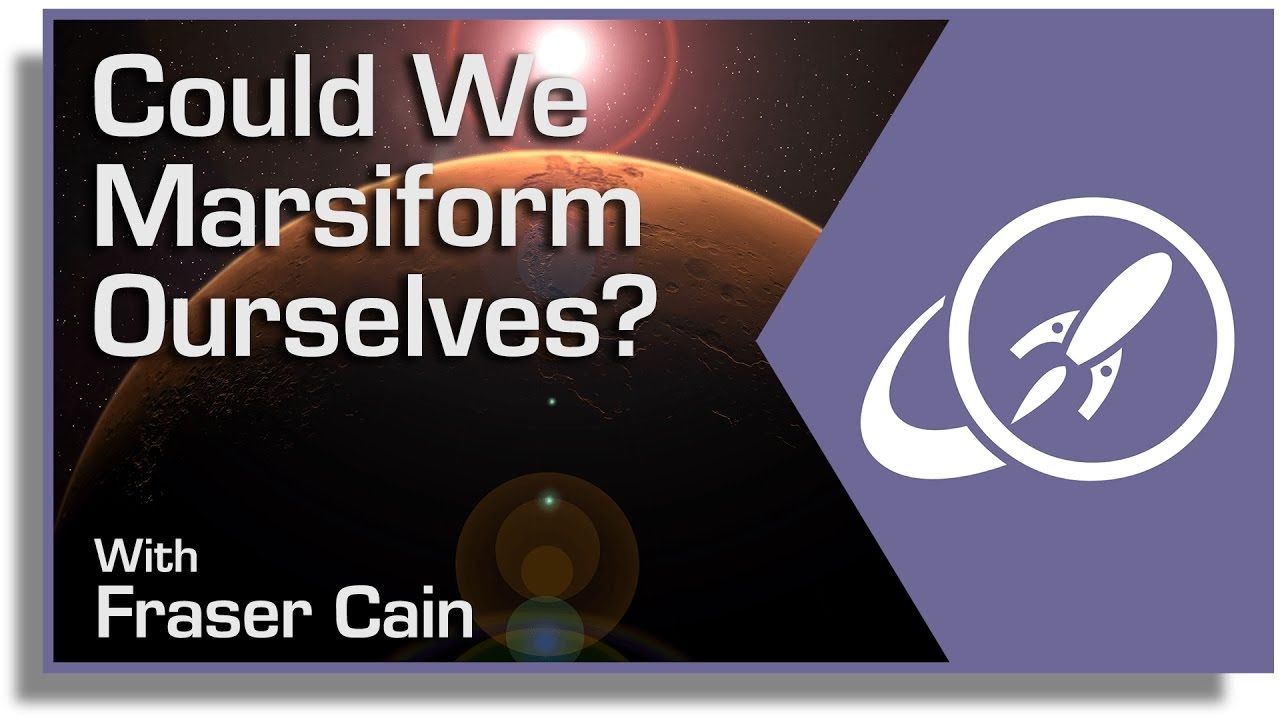
Changing another world to support Earth life is called terraforming. But maybe it’s a better idea to just change Earth life to live on other worlds.
Support us at: http://www.patreon.com/universetoday
Jan 10, 2017
Positron Dynamics Paves the Road to the Final Frontier
Posted by Andreas Matt in categories: biotech/medical, space travel
Ever since Jules Verne and before — perhaps as early as the 5th century B.C. — writers, philosophers and scientists have brought fantasies to life about spaceships carrying humans to other planets, solar systems and galaxies.
Of all the potential targets, only the moon thus far has hosted Earthling “boots on the ground.” Next on most wish lists is Mars. NASA’s tentative schedule designates the first manned mission sometime around 2030.
Aside from the formidable task of designing a safe, efficient vehicle to transport people and supplies, such a mission — depending on the positions of the two planets and other logistics — would take in the neighborhood of nine months each way. Not only is that a long trip, but it would also expose the human body to ambient space radiation for close to a year. Can’t this travel time, many have asked, be cut down somehow?
Continue reading “Positron Dynamics Paves the Road to the Final Frontier” »
Jan 10, 2017
Thanks to AI, Computers Can Now See Your Health Problems
Posted by Shane Hinshaw in categories: biotech/medical, genetics, health, robotics/AI
Machine learning is helping doctors diagnose things like genetic disorders, Alzheimer’s, and autism faster than ever before.


